Ensuring the security of healthcare professionals and patient data - DEEP
Ensuring the security of healthcare professionals and patient data
29 October 2024

In Luxembourg, IT security for healthcare professionals is managed by Healthnet. Operated by DEEP's teams, this shared network dedicated to players in the sector brings together a range of services, solutions and data that healthcare professionals need to access. This shared platform makes it easier to implement and monitor robust security policies. It also gives players access to many other value-added digital services.
Over the last few years, the healthcare sector has regularly been the target of cyber attacks. Many hospitals around the world have been paralysed by ransomware. It is not uncommon for patient data to be stolen as part of these attacks. These establishments are prime targets for a number of reasons. On the one hand, paralysing a hospital endangers the many people it cares for and makes it more difficult for those who need care to access it. Secondly, the data stolen is particularly sensitive. Given these factors, cyber-attackers have strong arguments for negotiating a ransom. In response to the crisis, bank managers are more inclined to pay (although this is highly inadvisable). Past attacks should encourage all players in the healthcare sector to better understand the challenges of cyber security, by strengthening their policies, processes and tools.
A network dedicated to the health sector
But what about in Luxembourg ? These issues have long been at the heart of the concerns of Luxembourg's healthcare players,’ comments David Pierson, Solution Architect at DEEP. To meet their various needs, and in particular to secure data exchanges, the healthcare sector has set up a common infrastructure: Healthnet. This is a network, operated by DEEP, which above all enables healthcare providers to conduct their business by accessing a range of digital solutions, while respecting confidentiality and data protection. This high-speed network enables the various players to be interconnected, facilitating exchanges while guaranteeing a high level of security’.
This joint network also helps to rationalise investment in terms of deploying solutions, managing equipment and securing digital environments.
Controlling access, guaranteeing safety
The fact that Luxembourg hospitals have so far been relatively unaffected by attacks is due in no small part to Healthnet. Performance, security and robustness are 3 fundamental points of this network,’ continues David Pierson. The initiative that led to the implementation of this infrastructure demonstrates just how much ‘stronger we are together’. It has enabled the creation of a network with a robust architecture incorporating cutting-edge mechanisms and technologies that no single player would have been able to implement on its own.
In particular, it is via the healthnet network that the various operators can access the Shared Care File of patients who authorise them to do so. This data is hosted and protected in DEEP's data centres.
"Access to the data or applications made available to the various healthcare players cannot be achieved without identity control systems, using multi-factor strong authentication or checking the integrity of the terminals - laptop, mobile and tablet. If there is any doubt about the security of users‘ equipment or their identity, the aim is to block their access to the network to avoid a security incident,’ says David Pierson. DEEP's teams, and in particular our cybersecurity department, carry out ongoing analysis to detect and remedy any suspicious activity.
An evolving network
The platform, designed and managed by DEEP's teams, also enables a range of value-added services to be offered to healthcare professionals, with a view to enhancing security, but also with the aim of improving the user experience for healthcare professionals and patient care.
Our teams support healthcare professionals on a daily basis, helping them to understand a wide range of issues and to explore the new opportunities offered by technology,’ continues David Pierson. In addition to security, we offer our expertise to help them evolve their IT environment, set up a digital workplace, access cloud solutions, take advantage of data analysis and use artificial intelligence, which is set to play a central role in the ongoing medical revolution.
Healthnet has been designed to be scalable. On this basis, the intention is to develop new services, based on 5G. A good example of this is the connected incubator project, designed to secure the transfer of newborn babies in distress from the CHDN to the CHL, the referral centre for neonatal care.
Contact us
Do you have any questions about an article? Do you need help solving your IT issues?
Contact an expert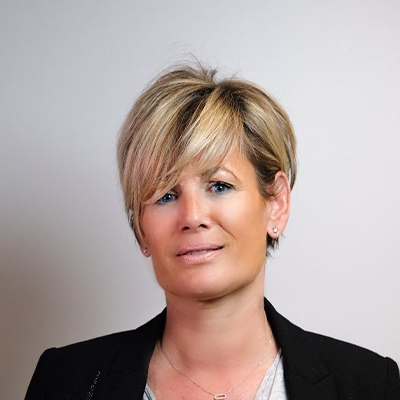
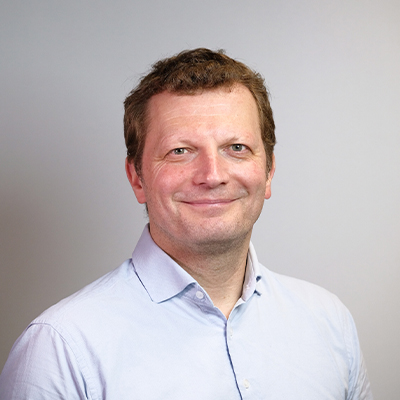

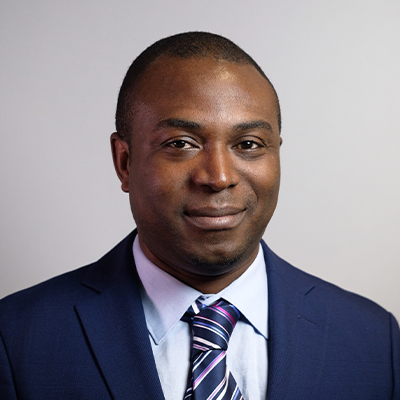


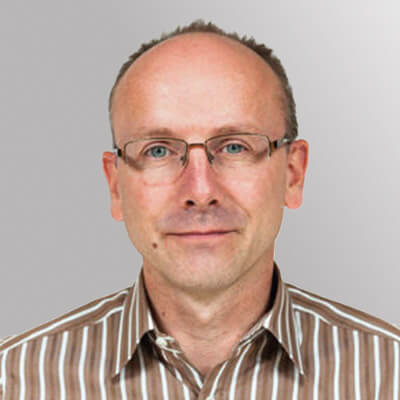
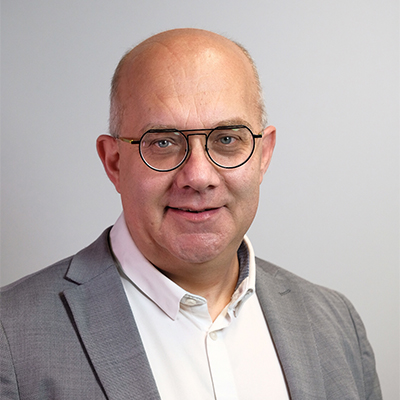
Our experts answer your questions
Do you have any questions about an article? Do you need help solving your IT issues?
